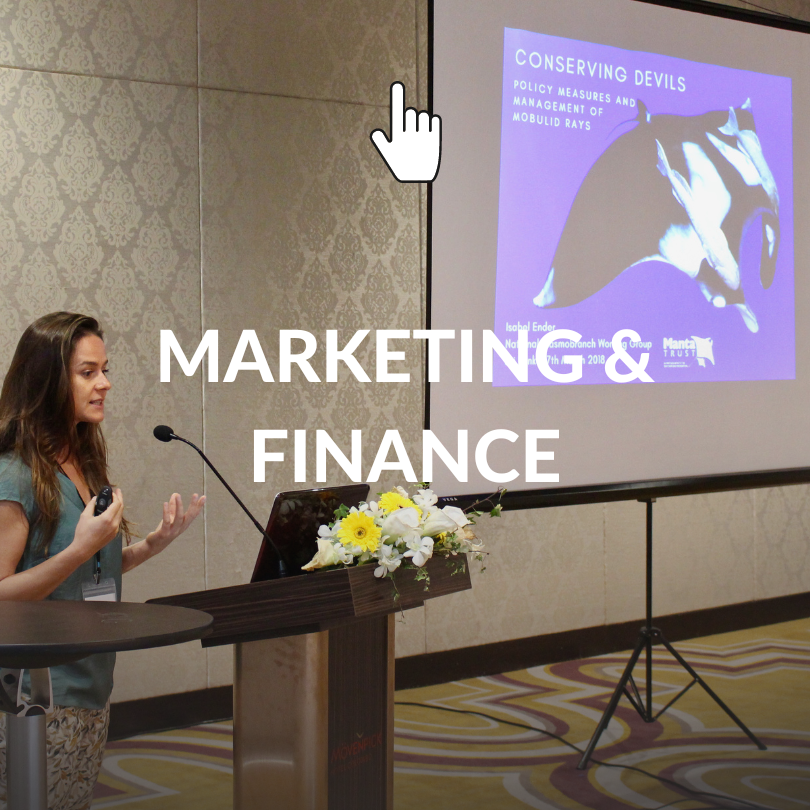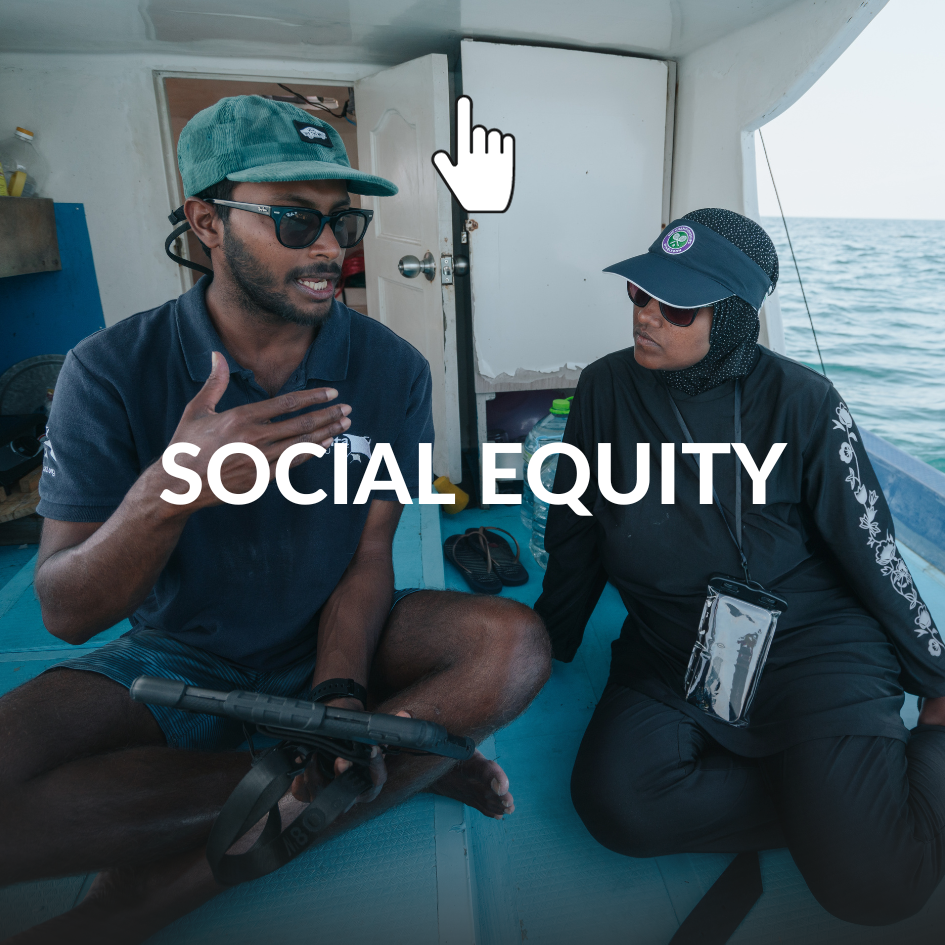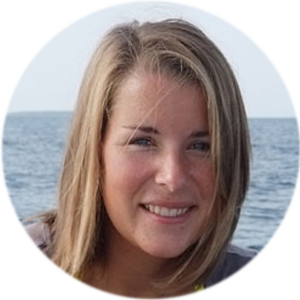DR TIMUR JACK-KADIOGLU
Dr Timur Jack-Kadioglu is an environmental social scientist with a background working in natural resource governance, social equity, and human rights-based approaches to conservation. He has ten years of experience working across a range of civil society and academic institutions in the UK, Tanzania, and the Philippines, and has supported conservation programmes across East Africa, Southeast Asia, Europe, Central America, and the Caribbean.
Trained as a political ecologist, his work has primarily focused on supporting the rights of artisanal small-scale fishers and tropical coastal communities, including their livelihoods and role in governance and the sustainable management of marine resources. He has a Ph.D. from the University of Exeter, for which he conducted research on power and polycentric coastal governance in the Philippines, and how this impacts the rights of small-scale fishers and equity of livelihood and environmental outcomes.
Timur currently works for the charity Fauna & Flora, and has also worked for Blue Ventures, and the grassroots Tanzanian NGO Mwambao Coastal Community Network. In his roles as a practitioner, he has experience in designing and facilitating the development of socio-economic monitoring, evaluation and learning frameworks, social safeguards mechanisms to safeguard the rights of communities, and broader methodologies related to governance, equity, institutions, and power in natural resource management. He is involved in a number of initiatives focused on ethical, inclusive, and locally-led conservation, and is a member of IUCN’s Commission on Environmental, Economic and Social Policy (CEESP).



















